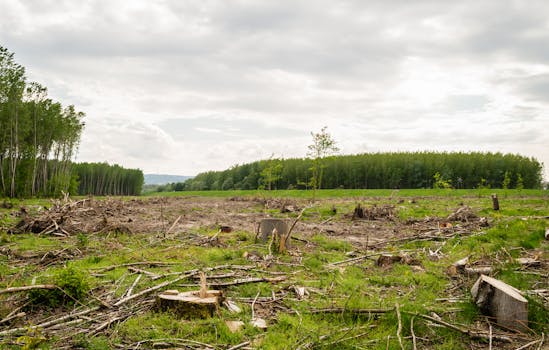
Introduction

The impact of climate change on global ecosystems is profound and far-reaching. As temperatures rise and weather patterns shift, the delicate balance of nature is disrupted, leading to significant changes in biodiversity and ecosystem health.
Biodiversity Loss

Biodiversity is essential for ecosystem resilience. Climate change threatens numerous species, pushing them towards extinction. Habitats like coral reefs and rainforests are particularly vulnerable, with rising temperatures and acidification leading to drastic changes.
Habitat Destruction

As climate change progresses, many species are forced to migrate to cooler areas. This shift can lead to habitat destruction, as new areas may not support the same species that previously thrived there. The fragmentation of habitats further complicates their survival.
Impact on Food Chains

Climate change disrupts food chains by altering the availability of resources. For instance, shifting temperatures affect plant flowering times and insect populations, which in turn influences the animals that rely on them for food. This can lead to mismatches in timing and availability, threatening various species.
Conclusion

In conclusion, the impact of climate change on global ecosystems is a pressing issue that requires immediate attention. Protecting biodiversity and mitigating habitat destruction are crucial steps in preserving the health of our planet’s ecosystems for future generations.





